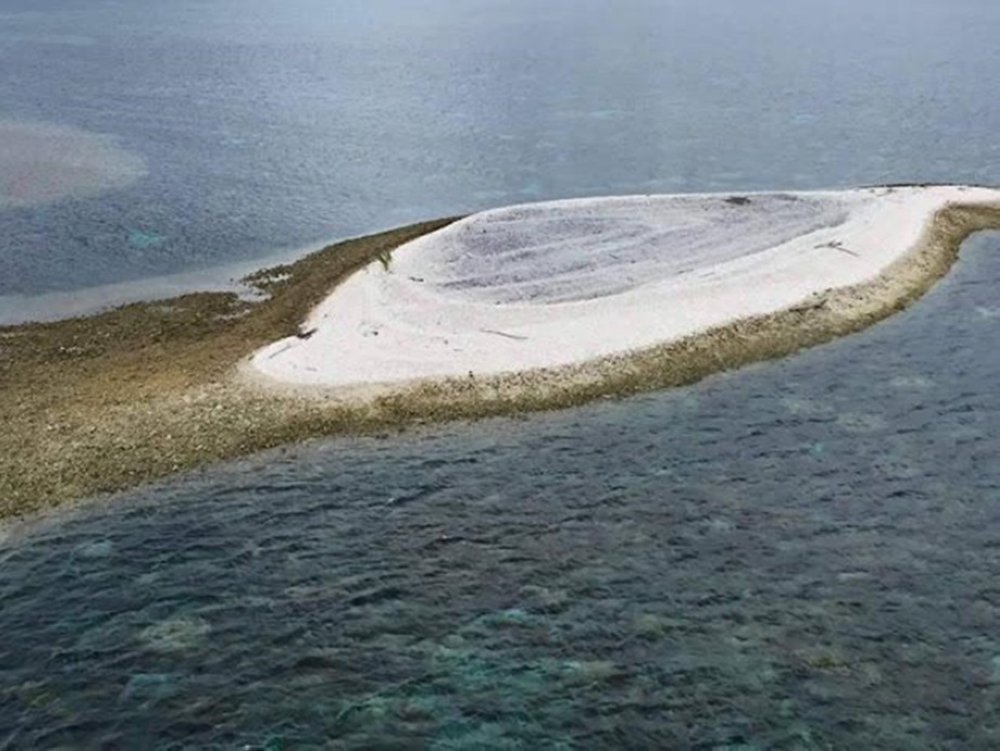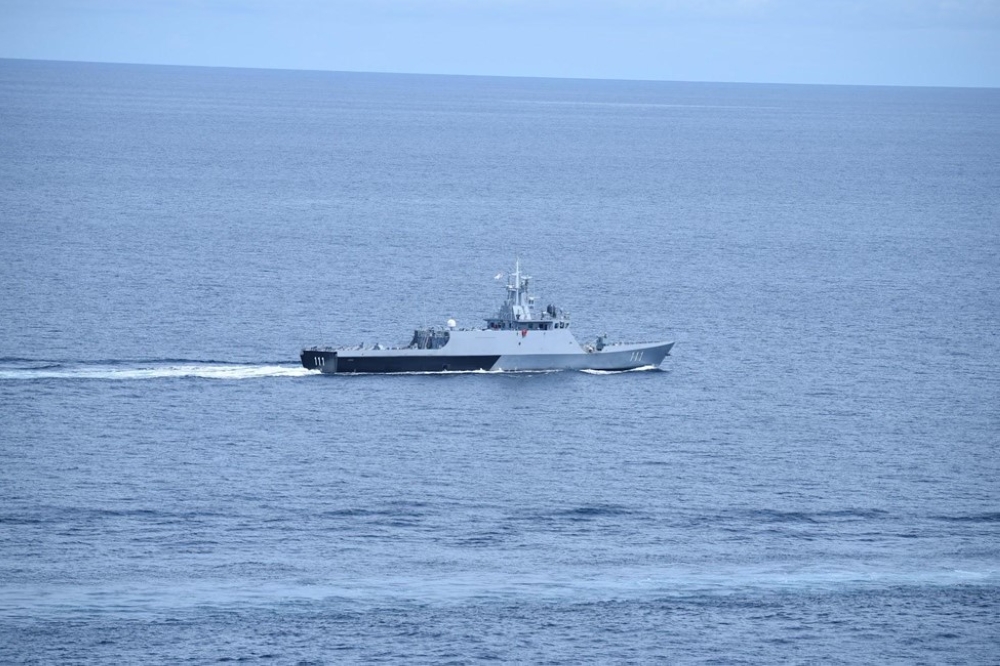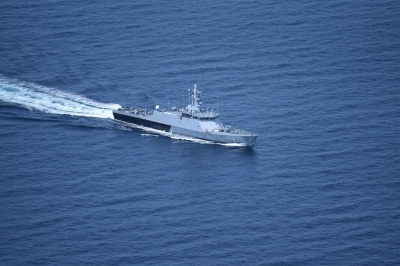KUALA LUMPUR, Feb 20 — A wise approach is key to navigating the tensions in the South China Sea.
A balanced diplomacy, coupled with robust defense capabilities, is crucial to maintaining peace and stability in this maritime area which is filled with uncertainties.
The country’s ability to navigate these waters, both literally and politically, determines the long-term security and prosperity of the nation.
Strategic perspective and economic interests
The South China Sea is also a major trade route.
Over 60 per cent of the country’s trade passes through these waters, making it crucial to ensure that the sea lanes remain open and free from any disruptions.
In this context, the country does not solely rely on its defense strength but also on its diplomatic strength, striving to maintain good relations with global powers like the United States, China, and other Asean member states.
Tensions in the South China Sea have been escalating, marked by recent developments such as joint patrols between the United States and the Philippines, as well as China’s construction of new radar systems.

Beting Patinggi Ali is a coral reef area located in the South China Sea, approximately 100 kilometres off the coast of Sarawak in Malaysia. — Picture courtesy of Ministry of Defence
The importance of regional co-operation
The country continues to strengthen its relation with other major countries such as Japan and India, aiming to ensure continuous access to critical trade routes.
By balancing economic and security interests, the country seeks to be a pragmatic yet firm player in the region.
This wise approach allows the country to reinforce its commitment to global maritime trade security, without jeopardising diplomatic relations with any party. This stance also aligns with the
Minister of Defence’s focus in the 2025 Ministerial Address in regards to bolstering defence diplomacy and maximising benefits via credible partnerships.
Furthermore, the country is committed to reducing tensions and preventing conflict through continuous dialogue.

The country is strengthening its surveillance capabilities in waters that are often a focal point of tension. — Picture courtesy of Ministry of Defence
Maritime domain awareness
This strategy is in line with the desired neutral activism and maintaining good relations with all countries, as outlined in the National Security Policy and the Defence White Paper (DWP).
The DWP affirms that Malaysia is a maritime nation, and the document affirms this stance, while emphasising the importance of strengthening national defense, particularly in the maritime domain.
Efforts to achieve greater Maritime Domain Awareness (MDA) focus on enhancing surveillance capabilities in waters that are often the focal point of tension.
Through a combination of diplomacy, robust defense, and regional co-operation, the country strives to ensure safety and stability in the South China Sea for global peace.

